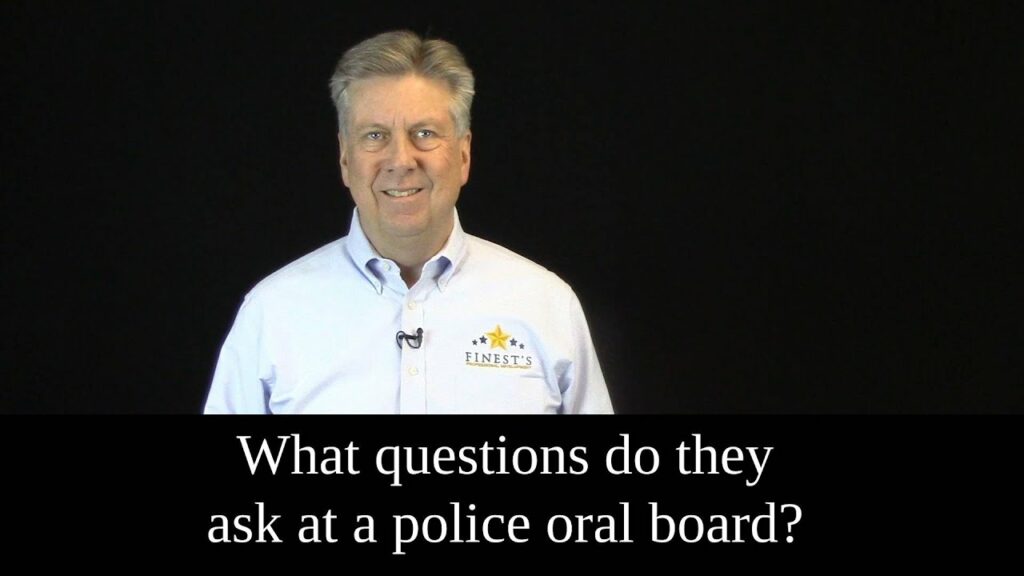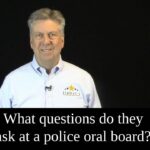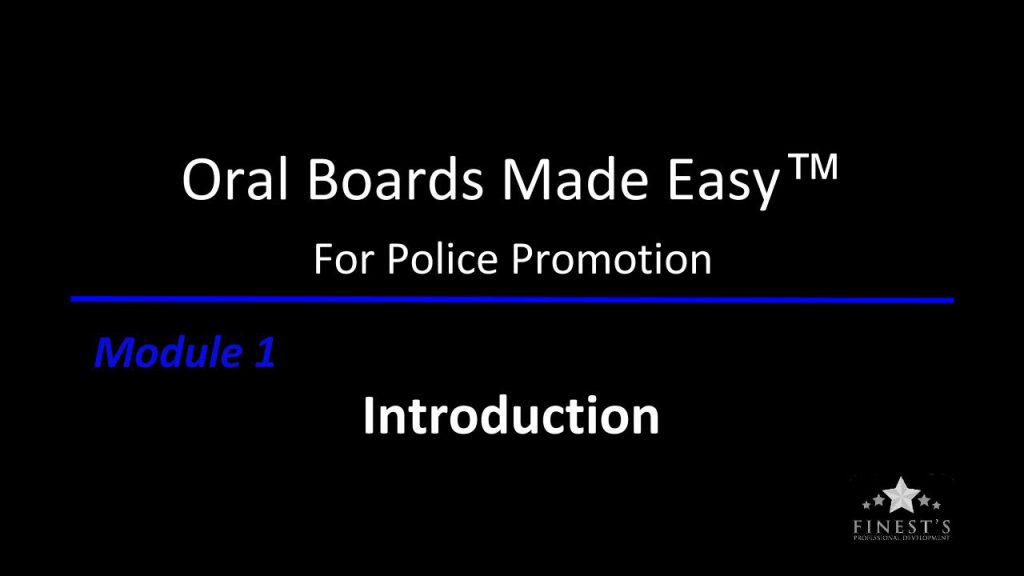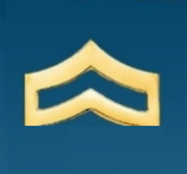Wouldn’t it be great to know in advance which police oral board questions will be asked of you? Knowing that would greatly demystify the process and streamline your preparation.
The reality is that rarely will you know the exact police oral board questions that will be asked. The police interview panel is seeking your honest answers, not a scripted response. But before we look into the police interview questions, know that oral board processes can differ greatly from agency to agency and rank to rank.
Police Officer oral board vs. Police Promotion oral board
Each oral board should be an effective tool for determining if the candidate is right to serve in the vacant position. Candidates for an entry-level position are often not expected to have formal law enforcement training or experience. Therefore, the technical aspects of the interview are less. That shifts the focus more to decision-making, judgment, and communication skills.
For the police promotion oral board, regardless of rank, there is an expectation that the successful candidates will know their current job well. They will also know how to effectively influence others to perform that job. This complicates the elements. It is the reason that discipline and leadership questions are added to the knowledge and technical questions for the candidate to answer.
The number of police interview questions is infinite.
Well, if not infinite, it is certainly very high. The reason is there are so many potential elements that can be added to a scenario. Think of it this way, let’s take the commonly asked active shooter police promotion oral board question. Then let’s add, remove, and change words or phrases. Here is a police oral board question:
“You are a newly promoted sergeant assigned to patrol duties. Your officers have been dispatched to a report of an active shooter at the elementary school. Two entry teams have entered the school prior to your arrival on scene. How would you handle this situation?”
Now, let’s add the word “unoccupied” before “elementary”. How does that change your response?
Or, let’s remove the phrase “at the elementary school” altogether. How does that change your response?
Lastly, let’s change “elementary school” to “park”.
See what I mean. Slight changes in a question can cause you to take a very different path with your answer. It’s not difficult for you to come up with a dozen different variations to the above question. You would then have to practice a dozen different answers.
That is just for one type of scenario. There are hundreds of potential scenarios. Each scenario can have a dozen possible variables. It makes trying to predict specific police oral board questions and practice specific answers very challenging. Your oral board question and answer preparation can be very overwhelming.
“If you are looking for a well designed assessment / oral interview study program this is the one. The program is very reasonably priced, so don’t risk your career watching free videos or just reading articles on line. If you’re serious about getting promoted, invest in your career and use The Oral Boards Made Easy program. It will help you get promoted.”
-Promoted to Lieutenant in Massachusetts
There is a Better Way: Categories of Police Oral Board Questions
Preparing for a police interview is easier if you focus on categories of questions in addition to topic knowledge. Categories allow you to identify common answer elements in advance that work universally for that category. Reduce those elements to one or two word bullet points and you will have a pre-set structure for your responses.
What if there was a structure for situational questions? One that would guide you through the elements that should be present in a complete answer. Well, there is! I first discovered this when I was studying for my sergeant’s exam and it worked beautifully. I have refined and improved the steps many times over the years. I remain convinced it is the smarter way to prepare.
Watch FREE
On-Demand Seminar Module 1:
Introduction
Which Policing Oral Interview Categories Should I Know?
You may be preparing for an entry-level police oral board or an interview for police promotion. I recommend that you prepare for these categories for both.
Opening Statements
This is your chance to put yourself in the best light with the panel. This statement is about you. A topic you should know very well. You have an excellent opportunity to be well-prepared for both your opening and closing statements. This requires a balancing act of being well-prepared but not too scripted. Using bullet points and repeated practice will help you in this area.
Closing Statements
Don’t forget about preparing an effective closing statement. These are the final words the panel will hear from you before scoring your performance. Think, what do you want the panel to most remember about you? Is it your education? Your military background? Prior work experience? Whatever it is, work it into a sentence or two that you will use at the end. If it was all three and you were seeking to be hired by a police department, then in may sound like:
“I believe my military background, prior work experience, and education have prepared me well for the position of police officer and I am very eager to serve with your police department.”
For both opening and closing statements, don’t “wing it”. Make sure you are sending a message that puts you in the best light. It is always possible that you will not get the opportunity to make these opening and closing statements to the oral board. However, unless you are 100% certain that is the case, prepare them anyway. It is better to be prepared and not have the opportunity than to have the opportunity and not be prepared.
Ethics
This is a requirement regardless of the position you are seeking in the law enforcement profession. You should be able to speak about ethics at a deeper level than “doing the right thing when no one is looking”. Stop reading for a moment and try to give a 90-second response to this police oral board question:
“How do you define ‘ethics’ and how do ethics affect your decisions?”
How did you do? If you are like most, you were not sure where to take that answer. You know the concept of ethics but you are not sure how to put it into a detailed answer. Prepare for it in advance. It is a likely category for both entry-level and promotion oral boards.
Community Policing
Most municipal, county, and state agencies have community policing as a core element in their mission or operating philosophy. As with ethics, be able to discuss the core elements of community policing. Show how you will engage in those elements. Here’s a hint, it is not just partnerships. Separate yourself from your competition. Provide an answer that contains the major elements of this organizational philosophy.
Situational Questions
A good police oral interview process includes situational questions with knowledge questions. A situational question shows the panel how you will apply your knowledge and the reasoning behind your decisions. My discovery was finding that there are 8 core elements in a situational response. I converted those elements to an easy to remember acronym. This acronym gave me repeated success at my oral boards.
This success continued with police supervisors telling me how they applied my acronym at actual field situations. It assisted them in managing otherwise chaotic scenarios. Based on their feedback, it is now taught to new supervisors in my Leader Skills for Police Supervisors course.
Police Promotion Oral Board Question Categories
Entry-level and promotion oral assessment candidates should prepare for the five categories described above. For promotion candidates, I recommend that you add these police oral board question categories to your list:
Leadership
In your supervisory role you will be responsible for influencing the behaviors of others. Knowing leadership principles will strengthen your answers. Also, there is a difference between leadership styles and leadership behaviors. Style refers to an overall approach. Behaviors are the specific actions that you will take to influence others.
Delegation
As a supervisor there are some tasks you should assign to others rather than do yourself. Do you know which ones? And, do you know how to manage the delegation process so that the task is completed successfully? The delegation of simple or routine tasks is not all that complicated. What if the task is unfamiliar and/or had a degree of difficulty? What steps should you take then?
Planning and Organizing
This core supervisory competency is measured in greater detail the higher you go up in rank. At the corporal rank, there is a low to moderate likelihood you will have a planning and organizing question at a police oral board. If you are testing for captain, however, have a strong knowledge of how to answer planning and organizing questions. Don’t try to figure out the steps while you are with the panel. Prepare in advance with a simplified method.
Discipline
While leadership is about influence, so is discipline. Yes, there are three types: positive discipline, negative discipline, and progressive discipline. Do you know the steps you should be taking to determine which of those types you should be applying? Let’s add another dimension to this. Do you know the employee rights that are relevant when considering discipline? A complete response will address the investigative steps as well as the recommendation.
Performance Counseling
Related to leadership and discipline is performance counseling. Police supervisors at all ranks should be able to talk confidently about this influence tool at their police promotion interview. As with discipline, it is critically important to know when to use performance counseling rather than another influence technique. Effective counseling reverses a performance decline by first uncovering the core issue. If you are facing an assessment center rather than an oral board, this is a very common role-play exercise.
Conflict Resolution
Oral board panels usually do not expect entry level police officer candidates to have a conflict resolution method. However, it is still important for the candidate to understand it. As a promotion candidate you will be dealing with internal and external conflict on a regular basis. Be prepared to describe the steps that you would apply to successfully resolve those conflicts. It can go a long way.
Applying the Correct Oral Board Answer Elements
Preparing for high-probability oral board question categories can simplify your preparation and recall. You need to understand how to diagnose a question and put it in the correct category. Is “the officer who shows up late to roll call” a discipline response or a performance counseling response? It is important to know the answer to that question. There are factors that dictate which response is best. Knowing those factors will strengthen your answers.
Police Knowledge Questions and Answers
There will always be questions that do not fall into categories. For those, it comes down to learning, studying, understanding, recalling, and reciting. So once again, there is a process. There is also a way to try to predict the more likely topics – such as current events in your agency. Just like with all oral board questions, predicting specific topics while ignoring others can be risky. My frequent battle cry is “over prepare, over achieve”!
Preparing for an Oral Board vs. an Assessment Center
An oral board is a panel interview whereas an assessment center is a series of behavioral exercises. The difference lies in the behaviors that you will have to demonstrate to the assessors. The tactics I have explained here will work for both promotion processes.
Summary
It takes effort to succeed at your police interview or oral assessment. There is a major difference between random effort and focused effort. Prepare for police interview questions by categories, not specific questions. Categories will assist you with answer application and recall. This will help you when it really matters.
By the way, my Oral Boards Made Easy on-demand seminar addresses all of the categories above by teaching you proprietary acronyms and showing you corresponding answer demonstrations.
So, if you want to streamline your preparation, watch the first module for free to see if Oral Boards Made Easy is right for you.
